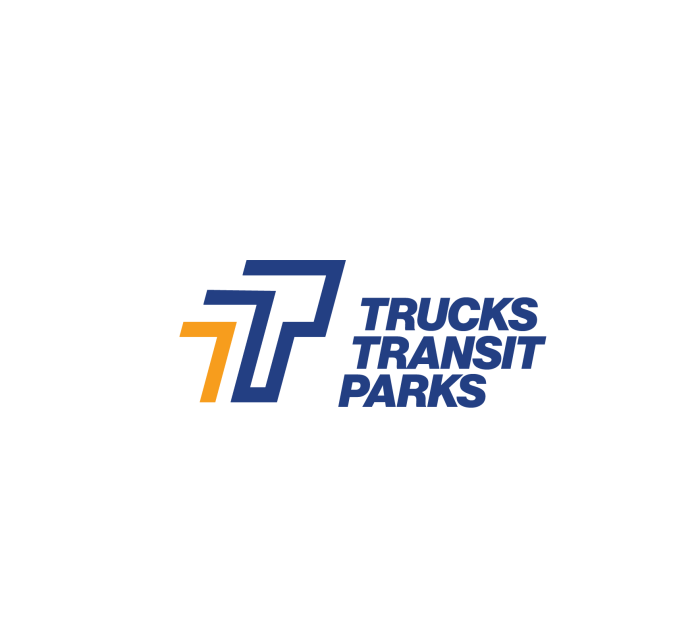We would like to address recent media reports regarding protests by truck drivers at Lagos ports and the alleged call by the National Association of Government Approved Freight Forwarders (NAGAFF) for the scrapping of the Eto call-up system. The information in the reports is inaccurate, and we seek to provide clarity on the matter.
Contrary to the reports, NAGAFF did not call for the scrapping of Eto. The individual making such a statement was expressing personal views and not representing the official position of NAGAFF. The agitation against Eto appears to stem from a misunderstanding of the system’s operational procedures.
It is crucial to correct the misinformation that truck booking was suspended for one month. The booking of trucks to parks was temporarily put on hold for about seven days, as directed by the Nigerian Ports Authority (NPA), to facilitate the rapid decongestion of trucks causing gridlocks along the port corridor and efficiently release/decongest the trucks waiting in the parks and pregates to access the ports. This decision was communicated to relevant stakeholders, including truck drivers and transporters.
Additionally, the claim that Truck Transit Parks (TTP) gives NPA 10% of monthly returns is entirely false. The electronic callup system deployed for Apapa and Tincan ports by TTP is monitored and regulated by the Nigerian Ports Authority and such misinformation can lead to misinterpretation of the dynamics involved.
The Eto system, owned and managed by TTP, has consistently contributed to operational efficiency at the ports. It has played a vital role and collaborated with the NPA in the development, review, and update of standard operating procedures that has improved the process and turnaround time for cargo evacuation at the port, truck routing, and mapping of truck parks to destinations/terminals in the port. Over the past 34 months, Ètò has processed about 1.7 million truck entry/exits of port and non-port-bound trucks, significantly reducing traffic gridlock challenges along the Apapa and Tincan port corridor.
The recent challenges causing gridlock along the port access roads are attributed to the transferability and interchangeability of tickets and truck profiles among truckers, truck diversion along the port corridor in search for a second-leg job, trucks cris-crossing between terminals within the ports, inefficiency of terminals and low number of trucks admitted and serviced daily, as well as park operators colluding with truckers to left-pregate trucks by proxy. As variously communicated to all stakeholders, TTP has developed robust digital solutions to these challenges and now await approval from NPA to deploy them.
Truckers are urged to exercise patience as TTP and NPA work collaboratively to address these challenges promptly. The Eto app is functioning as designed, and the measures in place aim to ensure sanity and ease of movement within the port premises.












